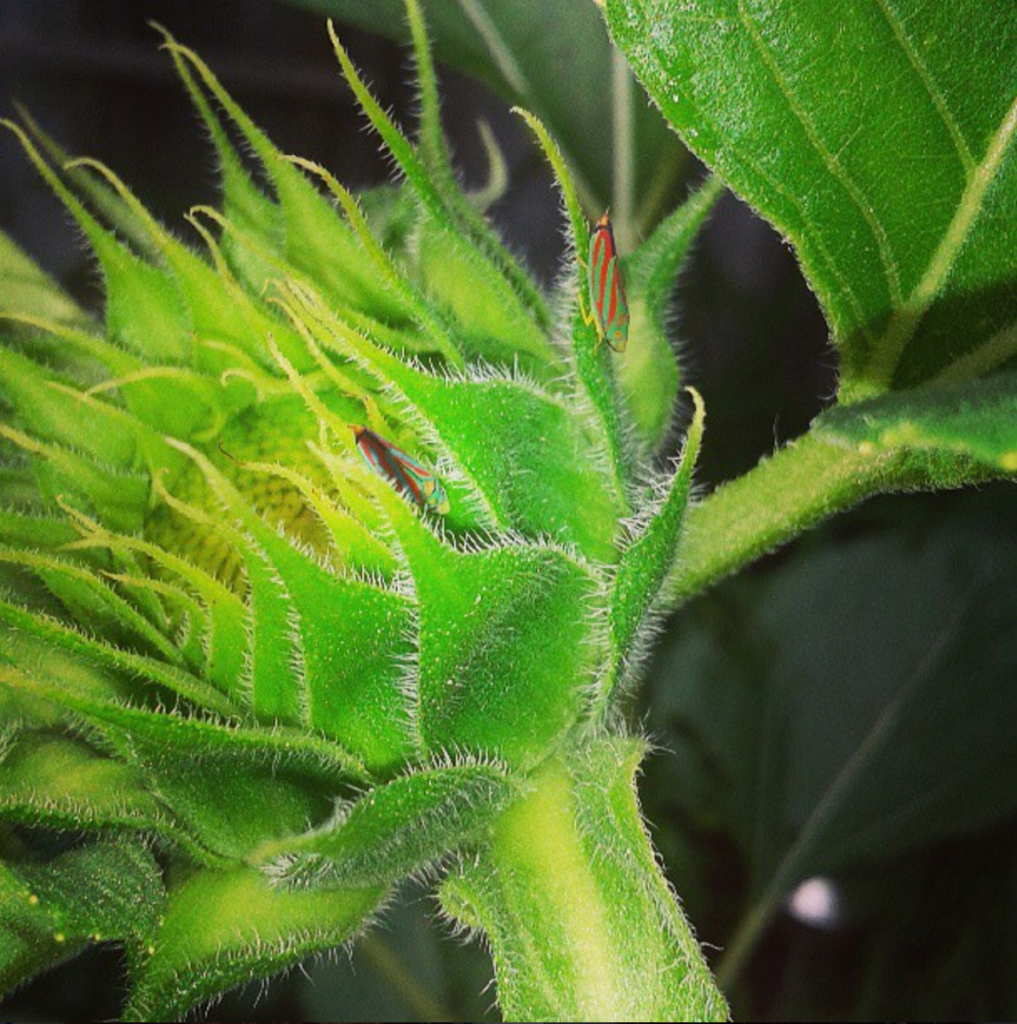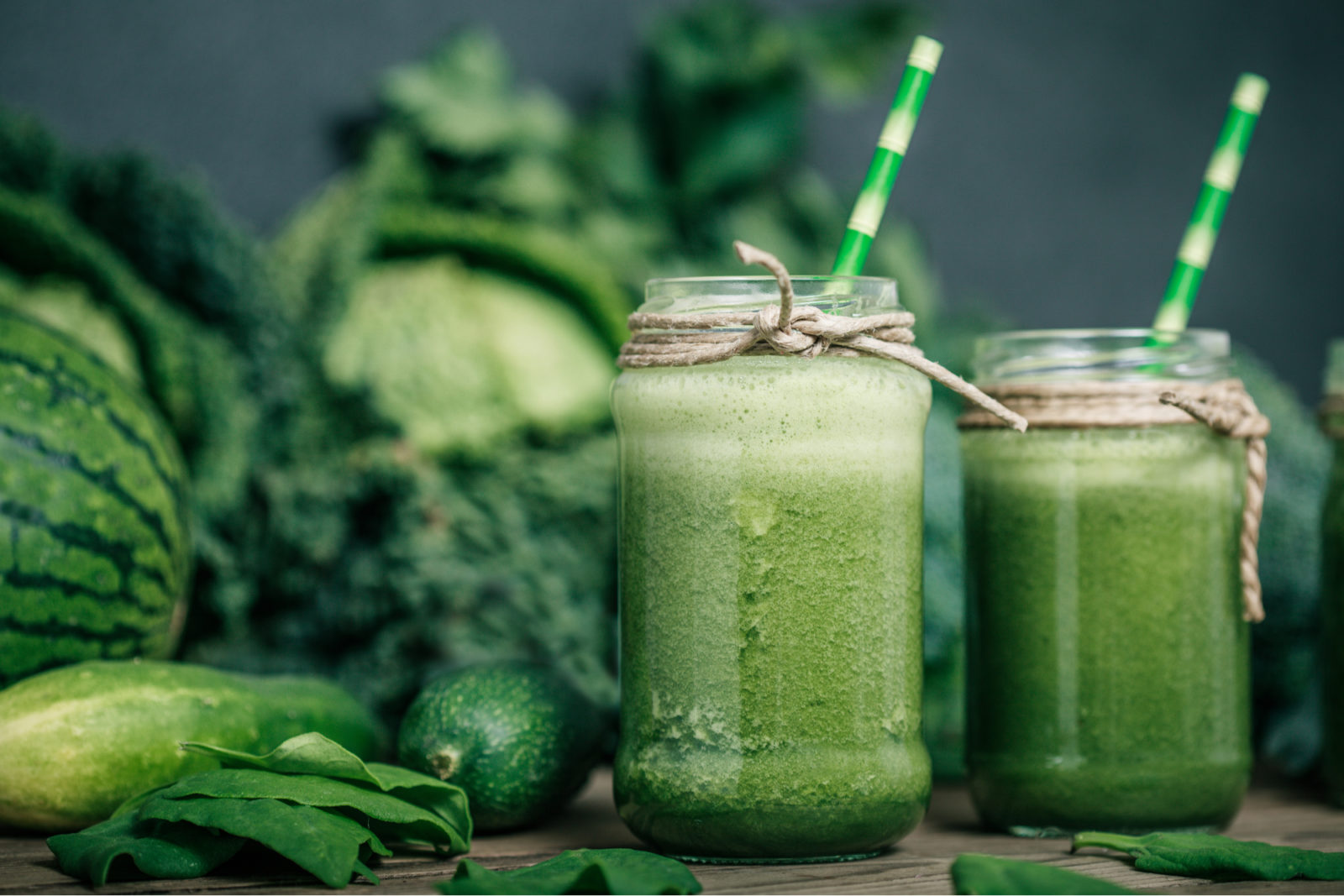Suikawari is the Japanese game of smashing a watermelon blindfolded. It is often done in the summer, at the beach or any safe place outside (if one is blindfolded thrashing a stick it is best to be safe). One summer my wonderful friend Rosanna and I decided to partake in the wonderful game. We decided to start off small with a tiny watermelon. Although cute, it was not the best thing to throw a stick at. The little thing broke my stick in two so I had to use an oversized fallen tree branch. The giant branch came out victorious and the little melon was delicious. With the leftovers, I made this delicious summer smoothie.


Cucumbers
Cucumbers are one of the oldest cultivated vegetables, originating in India. They have a very high water content (approx. 96%). There are about 100 different varieties of cucumbers 2/3 for eating 1/3 for pickling. Cucumber’s secondary compounds lariciresinol, pinoresinol, and secoisolariciresinol have been shown to aid against the onset of cardiovascular disease as well as different cancers (breast, ovarian, uterine, prostate). They are a high source of Vitamin K as well as a good source of molybdenum (promotes sulfur balance in the body, antioxidant benefits, proper functioning of the nervous system) and pantothenic acid (Vitamin B5, energy production, fat metabolism).
Bee Pollen
Bee Pollen, which is 40% protein, is the nutrient-dense food of young bees. This pollen, which when first harvested is sticky comes from the stamen (which is the male part of a plant). An energy tonic in Traditional Chinese medicine. Bee pollen continues 22 amino acids, is a rich source of B Vitamins as well as vitamins c, D, E, and lecithin. Bee pollen aids in boosting the immune system, boosting energy and endurance. It can also be used to benefit against allergies and asthma.
Raspberries
Raspberries were first cultivated by the Greeks. High in Vitamin C, manganese and fiber, as well as an excellent source of phytonutrients (anthocyanins, flavonols, flavonols, tannins, hydroxybenzoic acid, stilbenoids). Aid in balancing body weight as well as blood sugar levels. Their high fiber content makes them greatly beneficial to the digestive system.
Watermelon
Watermelon is native to Africa and was traditionally used as a medicine. It was incredibly popular in Egypt far before 2000 BC. Watermelon seeds are edible, though oily and hard, the black seeds are very healthy and should not be omitted. Watermelon is high in Vitamin C, pantothenic acid and copper. It provides great anti-inflammatory and antioxidant support for the body. Being low on the glycemic load scale makes it a great snack for diabetics.
Lemon
Lemon is a high source of Vitamin C as well as a good source of folate and pectin. The secondary compounds found in lemons have antioxidant, anti-cancerous and antibiotic effects (they include flavonol glycosides and kaempferol). Limonoids a compound found within lemons (as well as limes) has been found to fight against cancers of the mouth, skin, breast, lungs, colon, and stomach. Lemons have also been noted to reduce inflammation within the body; thereby being beneficial for individuals with rheumatoid arthritis.
Lemon Balm
Lemon Balm is from the mint family. It is used for digestive issues (bloating, intestinal gas and a troubled tummy), menstrual cramps, headaches, and tooth pain. Lemon balm is also very calming, helping to relieve anxiety, sleep issues, and restlessness. Lemon balm is also a very powerful antioxidant (high in Quercetin).
Peach
Peach is native to China and is best consumed in season and local (as they are best to ripen on the tree – they will be more nutrient-dense this way). A high source of Vitamin C and A, peaches are also a good source of Potassium, magnesium, and Iron. Peaches are high in antioxidants and the secondary plant compound polyphenols – which work in combating cancer and fighting free radicals and oxidative damage to cells. The consumption of peaches has also been shown to be beneficial as a preventative and aid in the treatment of metabolic syndromes (such as weight gain, imbalanced cholesterol, diabetes, and inflammation).

Watermelon Smoothie with Lemon Balm
Ingredients
- 1 small cucumber
- 1 tbsp bee pollen
- 1 cup raspberries
- 2 cups watermelon
- 1-2 lemons juiced
- lemon balm handful
- 1 peach
- 1 cup of filtered alkaline water
Instructions
- Chop up watermelon, peaches and cucumber into smaller pieces.
- Juice the lemon(s)
- Throw it all into a blender and enjoy!
Nutrition
Amanda Filipowicz is a certified nutritional practitioner (CNP) with a bachelor in environmental studies (BES) from York University. She also has certification in clinical detoxification, prenatal and postnatal care as well as nutrition for mental health. She has been working as a nutritionist since 2013 and is a lifelong proponent of eating healthy.

